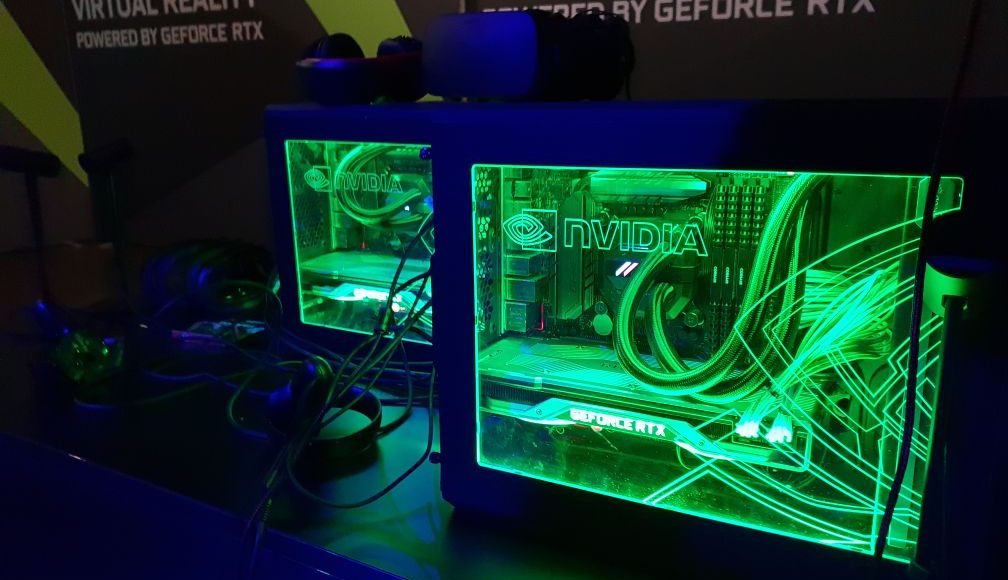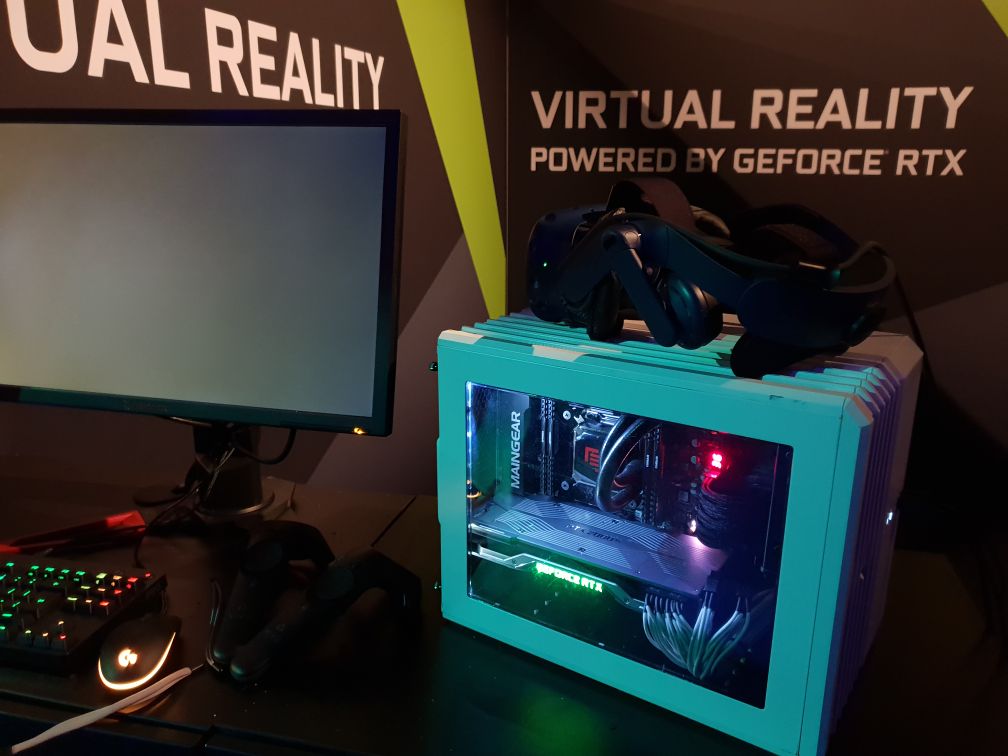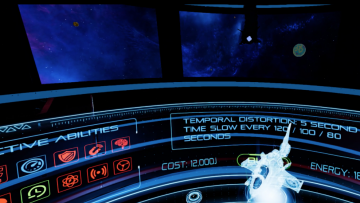
VR vs. Ready, Steady?
Bit of a quickie this week, because I literally have no time to devote to something chunky.
Back in March as a part of this VR vs. column (VR vs. Friends With Benefits) I touched for the first time on the idea of the partnership between virtual reality (VR) headset makers – specifically in the realm of non-console, so Oculus and HTC Vive and to a lesser degree Samsung.

I wrote about how I was a little bit confused as to where they were going with standalone. Not because that isn’t where things obviously were going, but they were going about it in a way that surely wouldn’t be beneficial for their hardware partners who’d worked with them (in particular Oculus) to develop hardware and push operating limits lower and PC hardware cheaper for wired VR. What was the benefit for them to care about VR when they being ushered towards being a non-factor?
That was March though and now we’re in August and #TeamLeftBehind has just finished being battered by the first day of Gamescom… which isn’t actually Gamescom… but it always there so is basically Gamescom. If you see what I mean – and if you don’t I mean NVIDIA.
It’s rather appropriate that it was an NVIDIA-fest last night, in a way, because “VR Ready” as a term is obviously very associated with them. In fact, they’ve just spent a chunk of time applying for a whole host of trademarks related to VR. I freely admit to being someone who doesn’t really ‘get’ how hardware works, it just gives me a headache thinking about it. Luckily, we have this wonderful asset called Rebecca who is an expert on such hardware infrastructure matters and can bail Idiot McDumbass here out of any “what the hell does that mean” moments. As you may have gathered last night wasn’t much fun for me. It was interesting, to be sure, and the development of Turing genuinely looks to me like it’s set to be a game changer going forward, but I swear if I have to write any more after this about the GeForce RTX 20 series I’m going to scream.
Which brings me, somewhat, to my point for today. If the 20 series is what’s going to be the standard going forward and PCs and laptops are going to cards of this level or cards/units that are VR capable – such as the announcement from DELL and Alienware last night – are we finally reaching the point where the term ‘VR Ready’ itself is nearly obsolete?

Yes, I know there’s still going to be plenty that isn’t VR Ready. Your dinky little Acer you’ve bought to ‘do a bit of work on the commute’ isn’t going to be able to send you to Skyrim on your Vive any time soon. But it’s something we are going to have to think on a bit because while an announcement like NVIDIA’s is indeed major news at what point do we ourselves draw a line. When does it go from “this is a computer and it can do VR” to “this is a computer”? It’s something we’ll need to find a balance on – otherwise we might as well become a PC hardware site full time because every announcement will relate to VR by default.
Ah, to have a possible problem where there’s too much to viably talk about. Considering the last few weeks and how quiet it’s been that does seem a turnaround.
Next week, the subject I nearly axed this edition of the column mid-writing: Oculus and Gamescom.
The article series VR vs. was originally written by the author for VRFocus.






